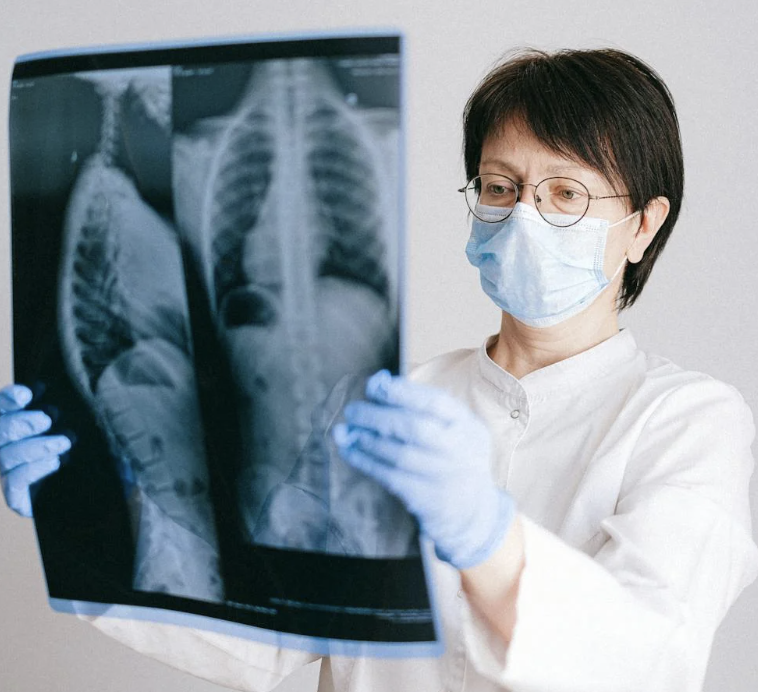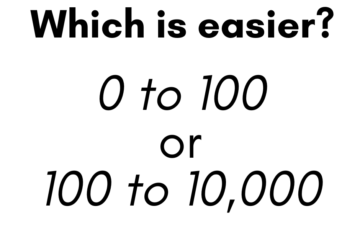How Is Technology Changing Lives In Healthcare?

Health care is changing rapidly as innovation in tech is transforming the world. Advances in data analytics, collection, tech, disease detection has revolutionized the medical industry through the past decade.
As we speak, we’re in the midst of a massive technological revolution. I would like to briefly cover areas of development in the medical field where technology is being utilized to help patients.
Technology has always been an addon to medical field to help physicians boost quality of care and provide tracking of patient data. Using this, a patient’s recovery and quality of life has improved throughout the years.
Technology in Helping Alleviate Disability
Technology has always been used for disability. From helping with physical disabilities such as those that cannot walk, to those that do not have sight (the blind) and those that are deaf.
For example, in the case of those that cannot walk, smart wheelchairs can make navigation for those that cannot walk easier. Smartphone apps can give those that lack mobility information about their home and help them access information that they otherwise would’ve needed to take a trip to the library for example.
In terms of the deaf, there has been an effort to create apps to help deaf students learn American sign language as well as learn English. Another technology that is being used to help the deaf are video relay services.
A video relay service is basically using video technology to translate sign language into text or voice so a hearing caller can understand, which can be translated back to sign language for communication. Automation in this regard will boost communication between deaf and the world at large.
People that are found to be missing a limb can now use a bionic limb where they are able to function just like a normal person. These bionic limbs utilize sensors that interact with the user’s muscles which help simulate a real-life limb.
In 2024, the first successful case of human trials of NEURALINK, where the subject was able to control a mouse using his brain. If more breakthroughs are to happen, expect to see those that have missing limbs to be able to interact more with society that would otherwise constitute as a normal person.
Early Cancer Detection Using AI
Using AI into diagnosis process of a patient can help predict a person’s cancer risk and if they will need medical treatment in the future. After collecting data with patients with a cancer diagnosis, researchers were able to develop a model to predict which kinds of people had a high likelihood of developing cancer.
To illustrate this case, there’s a tested AI tool called Sybil which is trained to detect lung cancer risk within 6 years from patients with only an image of a patient’s lungs. Using technologies such as these, early diagnosis and prevention can help patients a chance to undergo early surgery and to prevent it.
AI in all, the usage of AI is not only limited to generative AI as you’re seeing in the mainstream, but in real world applications that can save potentially millions of lives.
Telemedicine
Telemedicine is used for the diagnosis of disease with the use of online meetings to facilitate consultations. During the COVID-19 pandemic, many healthcare providers had to pivot their sessions into offering online consultations, as it may cause unnecessary infections if done in person.
Some statistics show that 60% of patients found telemedicine more convenient than in person appointments. As now you have access to doctors from all around the world through applications such as Zoom and Google Meet.
Although a medical diagnosis is still recommended to be done in person, the results of telemedicine still show similar effectiveness as equal to an in person visit to the doctor.
Health Apps
You probably have heard of apps such as RISE, an application that tracks your sleep and calculates sleep debt. What about habit tracking apps, Fitbit heart monitoring, or the meditation app called CALM.
These every day health apps can be accessed by anyone with a smartphone. But they allow for patients to have an avenue for data collection and for progress to be tracked. The benefits of tracking progress are so you can see your improvement over time, this can help patients boost their motivation/confidence.
In the end of the day, health apps allow a way of using technology to keep track of your health so you can take steps to actively improve it.
Medical Information Access
Finally, the reach of medicine and innovative breakthroughs are accessible worldwide with anyone with an internet. Those that want to research health problems specific to their patient can now have a database of information at their fingertips.
Perhaps you broke a bone by accident, what to do? You can Google it. What if you feel a bit funny for the past 3 weeks, you can Google that too. And with the internet’s ability to share you can find the answer to why you’re having the problem and schedule an appropriate way to seek treatment.
Gone are the days where you have to rely on your local doctor to solve everything health related for you. The access for medical information is now global and is still expanding. I hope you enjoyed this article and have enlightened you on the recent developments in tech in the medical field.



0 Comments